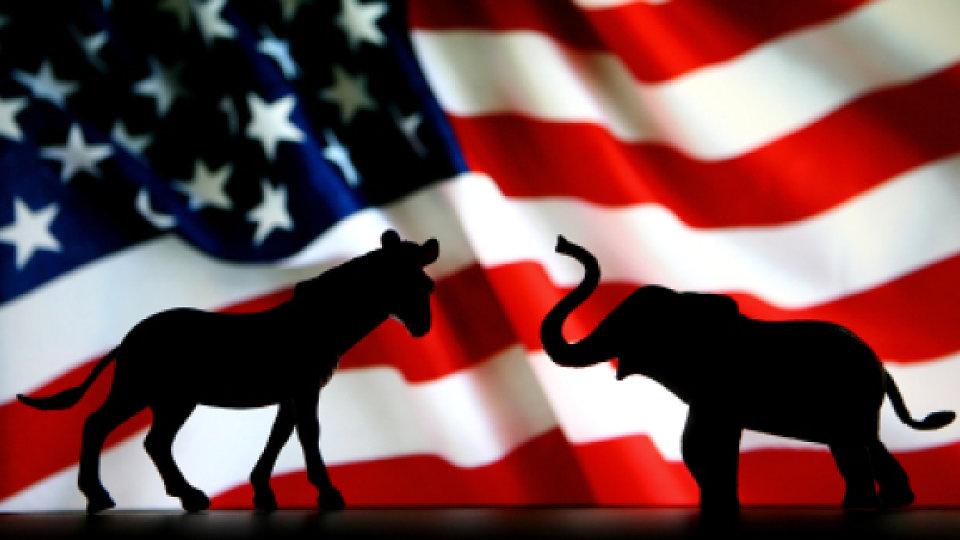Politics and Religion

This week the Democrats will be holding their national convention in Charlotte. I wrote last week about the role of a candidate’s faith in his or her bid for public office. What follows are a few thoughts from my book, When Christians Get it Wrong about faith and politics. I wrote this chapter shortly after the elections in 2008: I pastor a church in a predominantly “red” state, yet our congregation is divided between Democrats and Republicans. We have leaders and elected officials from both parties, including our state’s Democratic governor and several Republican legislators. I appreciate some elements of both parties and disagree with others. I have voted for persons in both parties. I am convinced that Jesus would not perfectly fit either of them. But I think the way Christians sometimes engage in politics has been damaging, particularly for many young adults. I received the following note from one of our older parishioners when I asked about how Christians get it wrong in politics: “Your question caused a rush of memories of our most recent national political campaign. We have a number of very close friends who are passionate about their politics. They regularly profess their strong Christian commitments, but somehow have a blind spot when it comes to how they react to views and opinions of those with whom they differ. … When we get close to that political area, I have trouble sensing any Christian love or tolerance of any perspective but their own.” But it is deeper than attitude and opinions. Some Christians, in the name of God, say and do things in the realm of politics that are the antithesis of the gospel: slander, gossip, malicious talk, mean-spirited rhetoric, disrespect, and worse. This has been particularly true when it comes to spreading rumors and half-truths using the Internet. Forwarding e-mails with half-truths, or misleading information about another person, whether they are our President or a congressperson, or your next door neighbor, is slanderous and this, Jesus and Paul both tell us, makes us liable for judgment before God. The apostle Paul offers instructions for Christians to conduct themselves in all areas of life. These words are particularly pertinent when it comes to politics: “Let no evil talk come out of your mouths, but only what is useful for building up, as there is need, so that your words may give grace to those who hear. And do not grieve the Holy Spirit of God. … Put away from you all bitterness and wrath and anger and wrangling and slander, together with all malice, and be kind to one another." (Ephesians 4:29-32) Paul notes that when we act in belligerent ways we “grieve the Holy Spirit of God.” The Greek word for grieve means to “inflict distress or intense sadness upon.” That is what Christians do to God when they speak words that tear others down, or that slander them. Christians are called to speak words that “give grace”—that is, undeserved kindness—to all. Christians should be engaged in the political arena. I encourage our church members to consider civil service as a calling. But Christians get it wrong in the area of politics when they too closely associate their faith with a political party, or they lay aside Christian ethics and Christ’s call to love even our enemies, and instead they engage in slander and mean-spirited partisan politics. Christians get it right when they work for justice, and when grace, truth, and love mark their political activities.